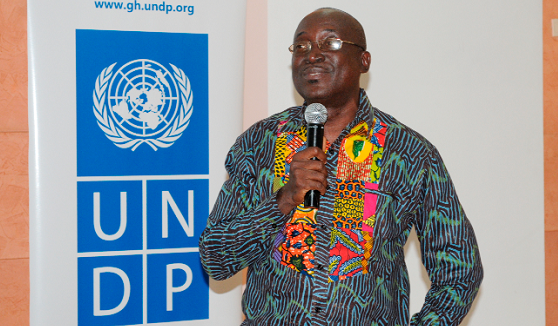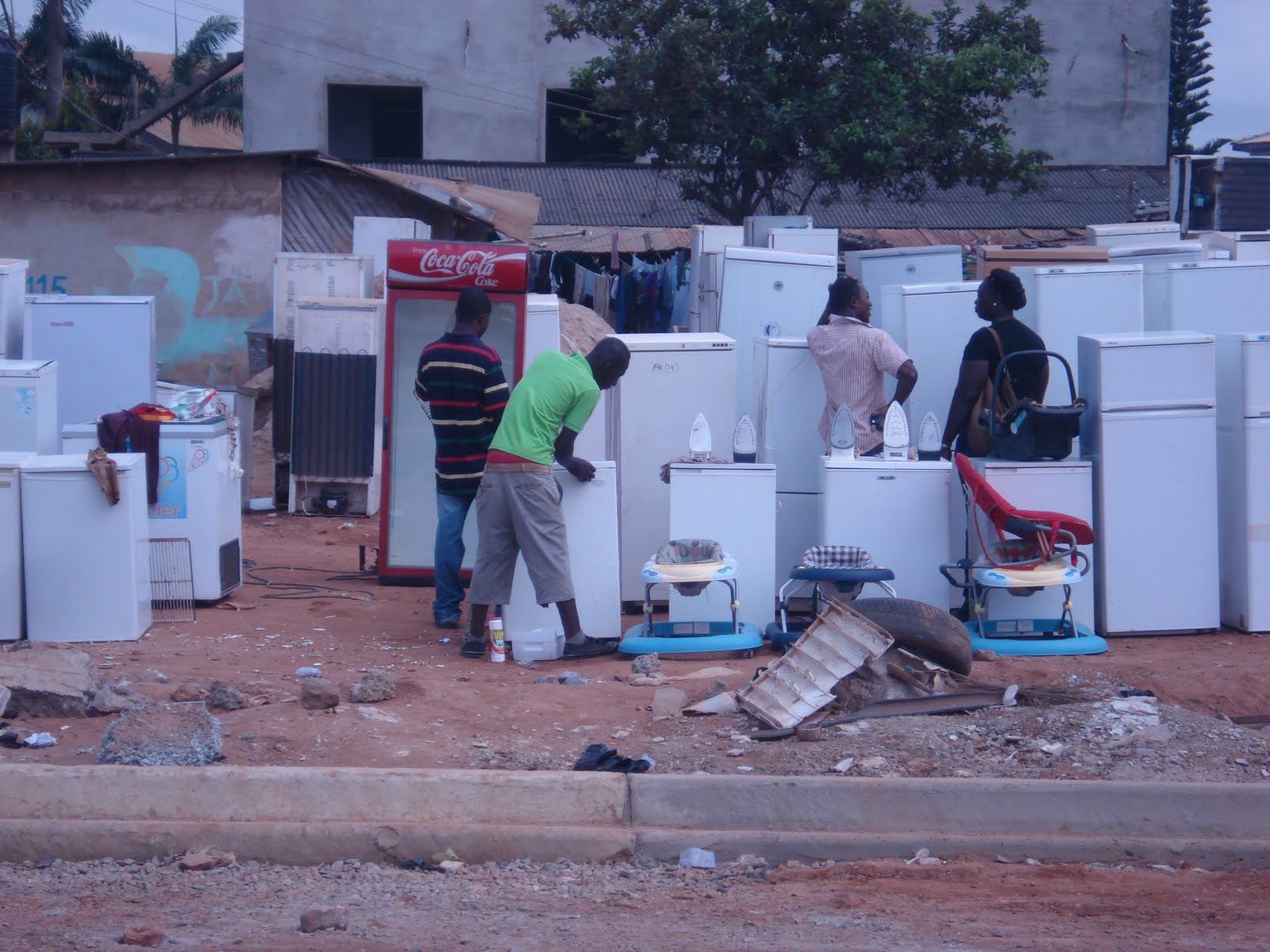Since Ghana began implementing its Energy Efficient Refrigerating Appliance Project (EER), the West African country has saved nearly 400 Gigawatt Hours (GWh) of electricity.
The project has also reduced the yearly average energy consumption of refrigerators from 1200GW to 385GW, according to Kofi Agyarko, the Director of Renewable Energy, Energy Efficiency and Climate Change.
Over the last decade, Ghana has undertaken vast efforts in compliance with its commitments under the 2015 Paris Agreement. Government officials recently attended the COP26 summit seeking to mobilize green finance and learn lessons from vertical climate trust funds, carbon finance, and harmonizing national budgets to fund climate mitigation projects.
Ghana has in place tough regulations prohibiting the importation of used refrigeration appliances, that often consume a lot of energy. This year alone, officials have seized 50,000 used fridges, and recovered 1,500 kilograms of chloro-fluro–carbons (CFC), non-toxic gasses used as coolants in fridges.
CFC, when emitted into the atmosphere, beaks down to release chlorine, which damages the ozone layer. Experts says a single chlorine atom destroys over 100,000 ozone molecules.
Kofi Agyarko noted that the project, which was in line with climate mitigation measures, had a rebate scheme that had retrieved from homes more than 10,000 inefficient fridges in exchange for efficient ones. He also praised the impact of the project in CO2 emission savings.
Kofi believes that the success achieved by the Global Environment Facility and the government-funded project is an example of how multilateral funding could help the implementation of adaptation and mitigation measures of climate change.
“Now, we have transitioned to a new efficient appliance market where fridges from abroad come in well labelled. The country has a bubbling assembling plant. This is evidence of sustainable development.”

Despite the effect of the pandemic on Ghana’s commodity reliant economy, the project’s price tag of $3 million appears cheap when its impact taken into account.
“Prior to the project, Ghana used to be the dumping hub of imported used and inefficient refrigerating appliances. The imported used refrigerating appliance controlled 80% share of the market.”
“It was littered everywhere and people were patronising them. The national grid suffered, distribution transformers got overloaded with its attendant blackouts and brownouts because of the high energy consumption of these junks,” Kofi said.
The EER project component includes strengthening of a regulatory and institutional framework, design of certification, labelling, enforcement systems, training and public outreach. Others are the establishment of a refrigerating appliance test facility, CFC and used appliance collection and disposal facilities, efficiency program evaluation and monitoring capacity development, and financial design of follow-up national market transformation programmes.
The government is also sounding out western leaders and business ventures to fund its national climate goals.

